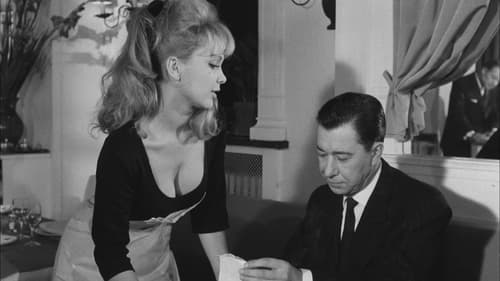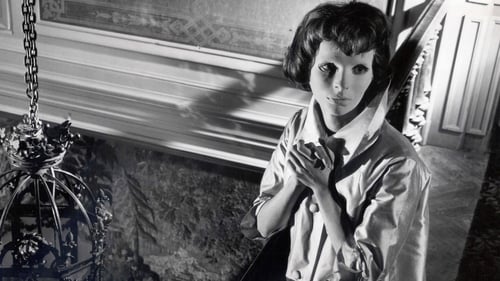
Production Manager
The harsh life of a troubled young man provides the basis of this grim French tragedy that begins when the fellow stops into a shop to buy a pack of the title cigarettes. There he meets a pretty shop girl with whom he falls in love and eventually marries. It was a foolish choice, for the two cannot get along and constantly fight. Things get worse when the husband resumes his criminal activities and gets caught. The two are about to divorce when the woman gets pregnant. The time comes for their baby to be born and while sitting in the waiting room, the husband reflects upon his past activities, which are revealed via flashback.

Production Director
In a building close to the Place de la Contrescarpe in Paris, a tale of criss‑crossings in turn romantic, gourmet, interested or mystical, between an Italian gigolo and a nightclub hostess, a family of butchers and an apprentice rocker, a mystic tailor, a writer sending himself telegrams, an alert paralytic woman, a thoughtful concierge, a bird breeder and a just‑out‑of‑jail hooligan. Little by little each one discovers each other’s more or less troubled history… when a mysterious death introduces the Police within this huis clos, hastens disclosure of well‑kept secrets and ruffle this little World.

Production Manager
파리 근교, 똑똑하고 유명한 외과의사 제네시에는 차사고로 사랑하는 딸 크리스티안의 얼굴을 망가트리게 된다. 딸의 망가진 얼굴을 보고 죄책감을 느끼던 제네시에는 비서인 루이스를 이용해 젊은 여자들을 납치하고 그들의 얼굴을 크리스티안의 얼굴로 이식시키려고 하는데...프랑스 공포소설의 전통에 기반한 "얼굴 없는 눈"은 얼굴을 바꾼다는 엽기적인 설정을 시적 감수성으로 담아내는 독특한 작품이다.

Editor
In a world of poverty, three young girls of Bangladesh trying to find meaning of life through their dreams. Slavery in modern times. Does it exist and what does it look like? In Bangladesh's textile industry, we see how the mechanisms linked to the western world's fashion industry are ravaging young women's attempts at a dignified life. Sabina, Ruma and Nazjnin work every day from early morning to late evening in the dangerous and dirty environment of the textile industry. The job provides no prerequisites for neither completing schooling, nor being able to move from the conditions in the slum. The rules at the factory are harsh and in order to provide for their families, they must continue to sew the clothes that we in the Western world want to buy as cheaply as possible. Who pays the price and is there light in this darkness?



